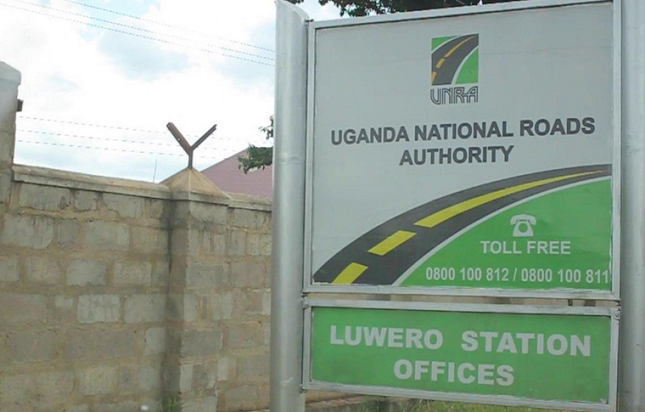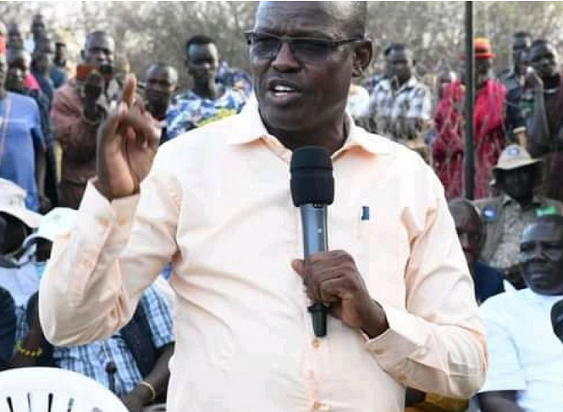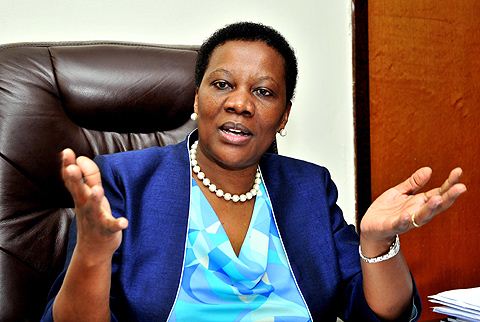The planned rationalization of Public Sector Agencies will not bear much fruit unless the president’s powers to create units under his office, are trimmed, according to experts.
The government has for the last three years been toying with the idea of reducing the agencies which also include authorities, commissions councils among others, as a way of improving e-service delivery.
Former Prime Minister Ruhakana Rugunda had been tasked by President Yoweri Munseveni in 2019 to spearhead the process, which would see some agencies scrapped and others merged or absorbed in parent ministries.
The idea is improving service delivery, reducing public expenditure and avoiding clashing of roles in government agencies, among others.
But the Chief Executive, Great Lakes Institute for Strategic, Godber Tumushabe says the process will bear no fruit for as long as there is someone who has the powers to create units that rely on public finances for sustenance.
Tumushabe named units that have been created, but may not be part of the rationalization process, yet they are involved in duties that would otherwise be carried out by other established agencies.
They include land protection unit, the anti-corruption unit, the AGOA unit and the health monitoring unit, among others.
Despite the idea being supported from the presidency and prime minister’s level, to date not much has happened in implementing it, amidst views that the process could spark legal implications.
According to Tumushabe, the mistake was made at the beginning in the early 1990s when some agencies were protected by the constitution because of their assumed importance to the country.
These, especially commissions led to the idea of creating more and non-constitutional agencies, with many touted as being needed to take services closer to the people.
Tumushame told the national economic forum organized by the Institute of Certified Public Accountants, Uganda, that some were created with justifiable reasons, especially coordinating service delivery.
One such was the Policy Committee on Environment chaired by the Prime Minister to coordinate ministries whose sector have an impact or are impacted by the environment.
However, Tumushabe says most of these have not born fruit and that the issues they were created to address have either persisted or even escalated.
So what can be done? Most of the blame goes to the politics of the country where the leadership has resorted to creation of agencies and administrative units to respond to political needs.
It also points to the demand by the populations which are answered politically by creating either agencies or political offices and administrative units to appease the constituents.
Tumushabe says unless politics is not gotten out of service delivery, even the rationalization process will not succeed.
According to him, some of the institutions were created to respond to rising corruption and it was expected that the move would ensure better transparency and accountability systems.
However, the results in many instances have included increased corruption in public service, in some cases because of an unclear accountability system.
The Anti-Corruption Coalition of Uganda Executive Director, Cissy Kagaba says any government system targeting corruption can lead to good and effective governance provided the governance follows its systems to the dot.
-URN





